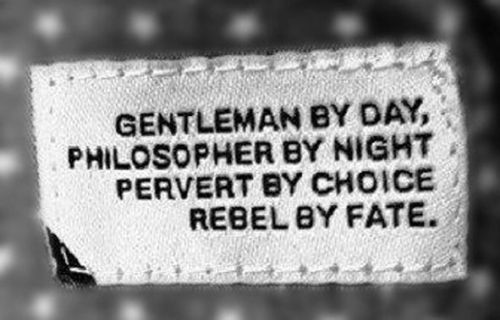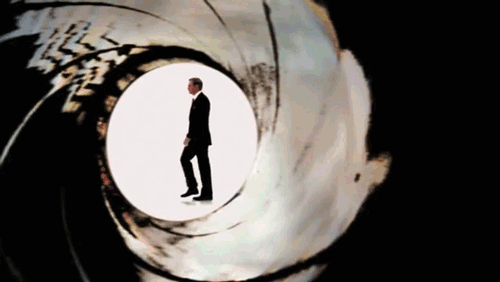
Targets (1968) is a film written, produced and directed by Peter Bogdanovich.
The story concerns an insurance agent and Vietnam veteran, played by Tim O'Kelly, who murders his wife and mother and then goes on a shooting rampage from atop a Los Angeles oil refinery. When police start tracking him down, he flees to and resumes his shootings at a drive-in theater where an aging horror film actor is making a final promotional appearance.
The character and actions of the killer are patterned after Charles Whitman, the University of Texas sniper. The character of actor Byron Orlok, named after Max Schreck's vampire Count Orlok in 1922's Nosferatu, is patterned after Boris Karloff himself, who in fact plays the part in his last appearance in a major American film (although Bogdanovich states that, unlike Orlok, Karloff was not embittered with the movie business and did not wish to retire).
In the film's finale, which takes place at a San Fernando Valley drive-in theater, Karloff — the old-fashioned, traditional screen monster who always obeyed the rules — confronts the new, nihilistic late-1960s monster in the shape of a clean-cut, unassuming multiple murderer.
 Boris Karloff and Peter Bogdanovich
Boris Karloff and Peter BogdanovichBogdanovich got the chance to make Targets because Boris Karloff owed studio head Roger Corman two days' work. Corman told Bogdanovich he could make any film he liked provided he used Karloff and stayed under budget. In addition, Bogdanovich had to use clips from Corman's Napoleonic-era thriller The Terror in the movie. The clips from The Terror feature Jack Nicholson and Boris Karloff. Bogdanovich has said that Samuel Fuller provided generous help on the screenplay and refused to accept either a fee or a screen credit, so Bogdanovich named his own character Sammy Michaels (Fuller's middle name was Michael) in tribute.
Although the film was written and production photography completed in 1967, it was released after the assassinations of Martin Luther King and Robert F. Kennedy and thus had some topical relevance to then-current events. Nevertheless it was not very successful at the box office.
However, Bogdanovich, who appears in the film as a young writer-director (i.e. like Karloff, playing a character very similar to himself in real life), credits it with getting him noticed by the studios, which in turn led to his directing three very successful films in the early 1970s.























No comments:
Post a Comment